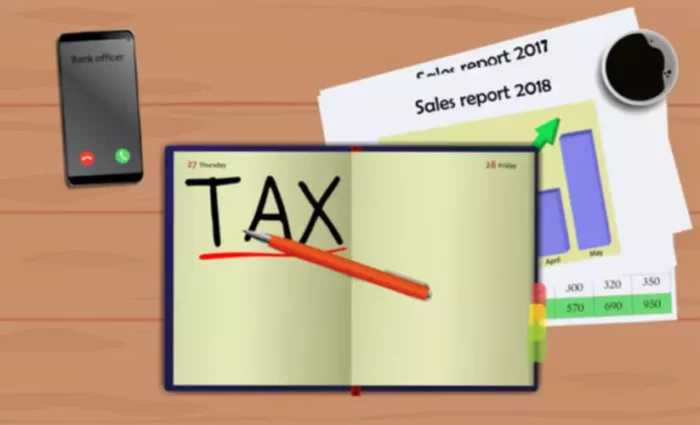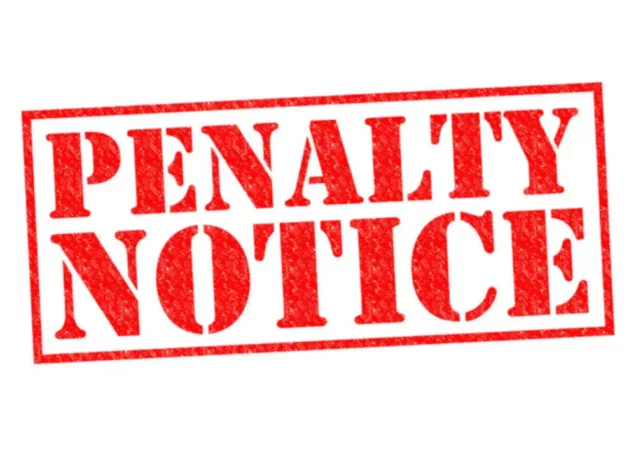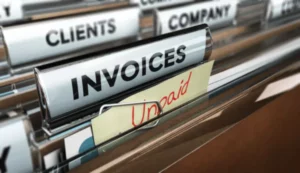When am I not required to file a tax return?
There are situations when individuals are not required to file taxes and there is no reason to do so. There are also situations when one is not required to file a tax return, but should because the IRS will give you a refund. Remember that you will lose it if you do not claim the refund for three years and there is no notice from the IRS about this.
Here are cases when you are not required to file:
- Are you single and only earned $12K or less as an employee? If yes, look at box two of your W-2 form to see how much you can get refunded. If the amount is not worth your time, then do not file. Yet, if you have a child/children to claim and made $18K or less as an employee, you are encourage to file because you will get additional free money in the form of earned income tax credits. Also, there are child tax credits.
- Are you and your spouse both made $24,400 or less as employees? If the total refund amount in box two of your W-2s is not worth your time, then do not file a tax return. However, if you will also have a child/children to claim, you will get earned income tax credits and fundable child tax credits. You are strongly encouraged to file your taxes.
- If you receive only Social Security benefits, you do not have to file anything.
When am I required to file a tax return?
There are cases, of course, when you are required to file a tax return. Let’s review the common ones:
- Are you self-employed and have over $400 in profits? File if the answer is yes.
- Were you claimed as a dependent and have an income as an employee or interest and/or dividend income? If yes, then you might need to file your own separate tax return.
- Are you paid Social Security benefits and have additional taxable income? If yes, you might need to pay some taxes on your benefits as well.
- Do you have a mix of Social Security, pension, IRA, and/or taxable investment income? If it exceeds the standard deduction amounts, you will need file.
Not filing a tax return and tax filing mistakes
According to the IRS, it will not pursue criminal prosecution of individuals who fail to file their taxes if the tax payer voluntarily files or makes arrangements to file before they are informed of any kind of criminal prosecution. The more common consequences of not filing of taxes are as follows:
- Penalties and interest will be calculated on the amount of taxes that are due.
- You will get penalties and interest for both filing late and making a late payment. They will be calculated on the unpaid portion even if you start making payments.
- The IRS may actually prepare a substitute return for you based on the copies of the W-2s and 1099s that they received from the payers. Once they have calculated that amount, they might start the collection process which may include garnishing your wages, bank account and sometimes putting a lien on any property that you own. Remember that the IRS will likely not have all the information on deductions you can claim, so your tax liability can end up being bigger.
We would also like to bring to your attention that you should never under report your income. That is a quick way to run afoul of the IRS. Also, make sure you have documentation to support your deductions, like charitable donations, childcare or medical expenses. If you cannot support a deduction, do not claim it.
Keep in mind that it can be the simplest mistakes that give people the biggest headaches, like putting information in a wrong line, entering incorrect dollar amounts, or making a simple computational error. A tax program can increase the overall accuracy of your return and help identify deductions that you may not know about. However, do not rely solely on the software because it will not catch basic input errors, like entering a wrong tax ID, Social Security, or address.
Also, it is a good idea to compare this year’s return to last year’s and be on the lookout for any unexplained differences. Finally, never ignore letters from the IRS. A quick response can not only prevent undesired consequences, but also speed up the processing of your return.
Tax filing methods
You can of course fill out the tax returns, but this is probably one of the worst ways to do it, especially for your first time. Another way to do it is just have a professional do it for you. This can be a good option if you have a particularly complicated tax situation.
A third option would be to use a tax software, which asks you multiple questions about your income and possible deductions, based on which they fill out your tax form. Then, you can print the filled tax form or have them file it on your behalf. This option is pretty easy and very popular, but it also often comes with a fee.

We would like to bring it to your attention that you might be able take advantage of such software to prepare and file taxes completely free of charge. The best thing is that it will also do the math for you, help avoid errors and find all the credits and deductions you can take advantage of. Check out the IRS website for more info and/or see if other software have such an option.
Before you use any of these methods, make sure that you have all your tax-related documents ready. Your employer/s should be sending you a form W-2. You may also get forms from your bank, if they paid you more than 10K in interest, or forms from any other source of income you earned. Most of these forms should be sent out by the end of January, so if you have not received yours yet, contact the company, banks, etc.


















